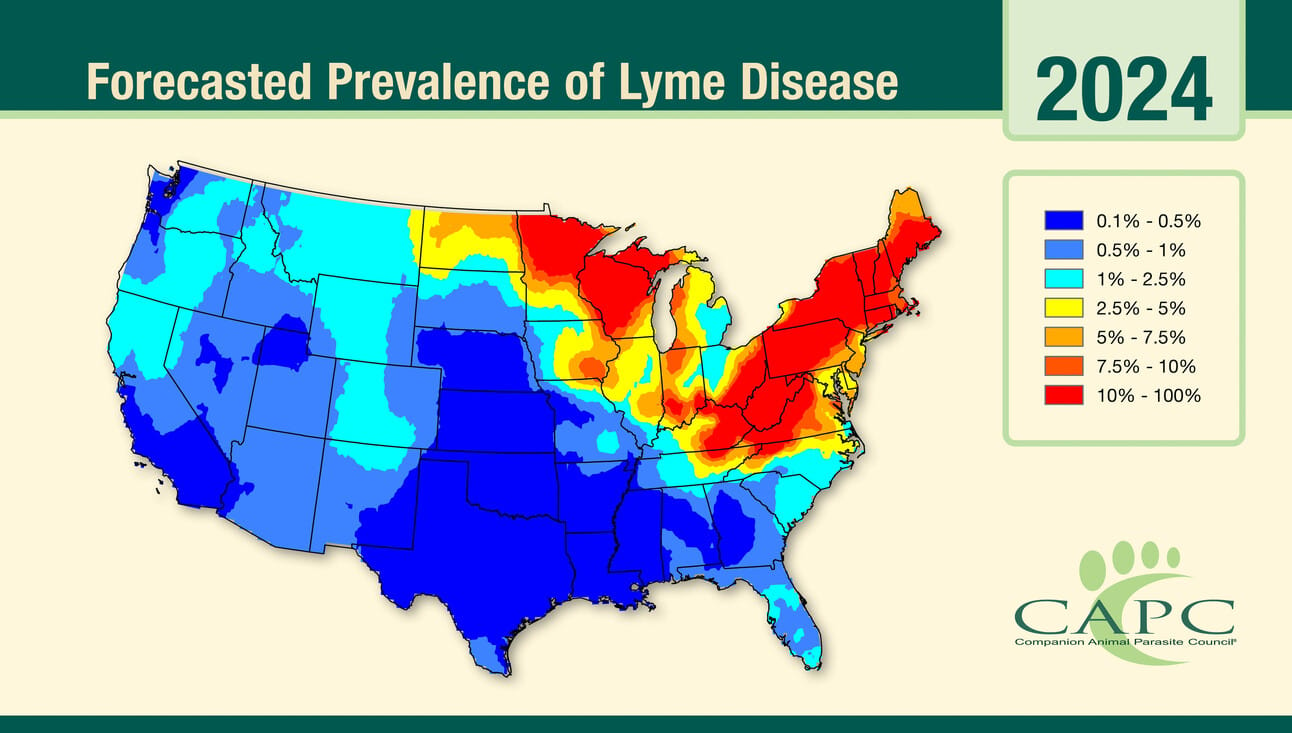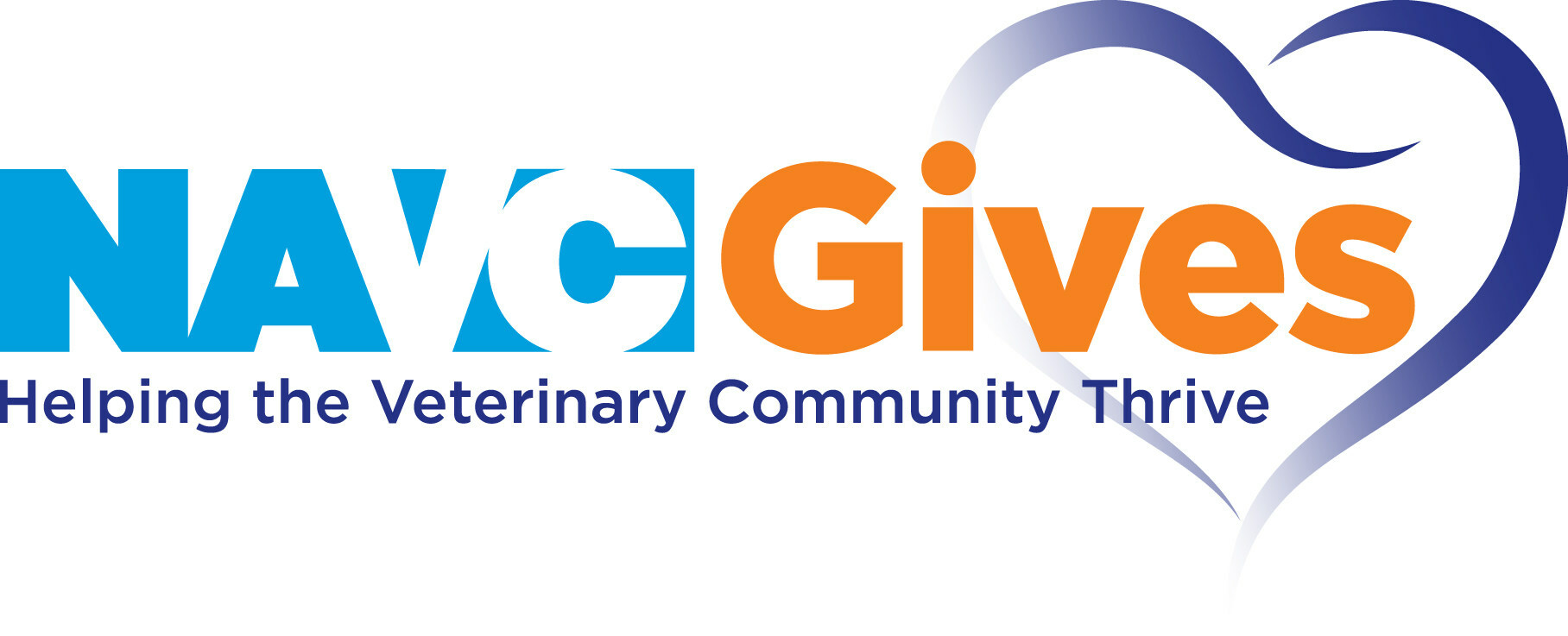Hello 👋
Welcome back to another edition of Weekend Rounds!
Spring is in the air! The trees are budding, the grass is green, the weather here in the North East is unpredictable, and as we note in this edition, it’s tick season. But this also got us thinking that this time of year may have other implications for our profession. Yesterday was 4/20, the unofficial marijuana holiday, and with all of Canada and more and more states legalizing marijuana, we are wondering what the effect has been on pets. The Pet Poison Helpline annual report card for 2023 identified increasing trends of toxicity from marijuana in pets, but with weed toxicity being relatively common we are wondering how many people actually call for this toxin? So we are again asking you, the great Weekend Rounds community, to help us uncover the truth:
And if you have more to share on the subject send us a reply. Do you see a spike in cases around 4/20 like chocolate at Halloween or is it just another day? Any interesting marijuana toxicity stories you want to share with the community?
In the meantime, here is what we are covering today:
🐛 Tick season is upon us
💉 We hear from you on Librela
🐕 One Health Clinics
🟪 Veterinary Connections #6
🚀 Quick hits
🐛
It’s the season of the ticks
Every spring, you can count on a few things in North America: the days get longer, tulips break ground and bloom, animals emerge from hibernation and ticks re-emerge to wreak havoc on our curious pets who wander into bushes. And thanks to a milder winter, tick season has come earlier than usual.
According to the Companion Animal Parasite Council’s recently published annual report, tick-borne illnesses Lyme disease, ehrlichiosis and anaplasmosis are predicted to expand across the United States in 2024. According to the CDC, between 2004 and 2016, mosquito-borne and tick-borne disease incidence in people in the United States tripled, with much of this increase due to tick-borne pathogens which were reported in higher numbers and across a larger geographic area. Risk of vector borne disease has also increased due to the rehoming of pets, changes in the distribution of vector populations, increased interactions, and the short and long-term changes in climatic conditions.
Lyme disease continues to expand southward and westward outside of the historically high-risk areas, including into new areas such as Eastern Montana for the very first time.

Image via Companion Animal Parasite Council 2024 Annual Report
The forecasted risks of Ehrlichia remain high throughout the southern coastal Atlantic states. Compared to last year, increased incidence is expected in dogs in central California, northern Idaho, western Montana, western and central Washington, the Northeast corridor.

Image via Companion Animal Parasite Council 2024 Annual Report
Similarly, the prevalence of Anaplasmosis is expected to remain high throughout the Northeast, while increasing in Michigan, California, Texas and across the great plains.

Image via Companion Animal Parasite Council 2024 Annual Report
So, it’s the season of the ticks and we’re in for one of the worst ones on record. Perhaps now would be a good time to remind you that Obi Veterinary Education just launched a brand new 9-part course on Canine Vector Borne Disease:
Over nine easy-to-understand lessons, Dr. Erin Lashnits dives deep into Anaplasma, Ehrlichia, and Lyme disease - covering everything from the basics of each disease, to the nuances of testing, treatment, and interpretation of results. Perfect for anyone looking to enhance their diagnostic skills, this course equips you with the knowledge needed to manage these complex conditions effectively.
Take the course individually, or get access to over 35 hours of on-demand CE broken down into manageable chunks in the All Access Pass:
💉
We hear from you on Librela?
After the The Wall Street Journal published a report last week featuring interviews with pet owners who feel Librela was responsible for adverse health outcomes for their dogs, we asked you what your experience was with the drug.
Thank you to the hundreds of you who answered the poll and wrote in. Here are some of the results:
57% responded ‘I love it and my patients love it’
25% responded ‘I haven’t used it much’
18% responded ‘I am concerned it shouldn’t be on the market’
Many of you also wrote in, and here are some the responses.
From those who love Librela:
Ideally blood work and UA should be done first but owners of senior dogs are often willing to forgo this. As for using it in young animals, that still worries me since we don’t have long term data. Owners who’s dogs got worse may not have done the testing prior and without necropsies I don’t see how they will prove it was the cause of them getting worse.
I have had great experiences with all my clients. I think patient selection is important. My own dog has severe arthritis and some weakness in the hind end. He is a little weaker the first couple days after receiving the injection but much better after. I let owners know they may be worse for a few days if there are any neuro symptoms as well. I also think that some dogs feel so much better with it that they over do it on arthritic joints with atrophied muscles. This makes them worse for a few day. I caution owners about this. Overall I recommend it with some client counseling. I don't think this was talked about enough when first learning about the product. I know my dog would still not be here without Librela and I really hope that it stays available.
I have had pretty good success with librela in my practice and there are at least 3 instances I can think of where it got a dog another several months with their family rather than euthanasia. While I think it is important to log any possible adverse outcomes, I wonder if what we are seeing is also related to the fact that the target population for librela is senior to geriatric.
And from those with less favorable experiences:
My personal dog developed acute neuropathy 3 days after her first Librela. She now has chronic neuropathy. It has not improved much in the 4 months since that one Librela dose. She's not the same as she was, she's worse not better. And it was the Librela. Several patients had similar adverse effects.
It seems to work well after the second injection about 3/4 of the time or it doesn't seem to work and I have seen a few negative reactions (GI mostly) and occasionally skin
For their part, Zoetis has issued a memo to partners and clinics about their confidence in the safety of Librela and Solensia.
🐕
One Health Clinics
We’re sure you’re extremely familiar with the concept of One Health - interdisciplinary approach that recognizes the interconnectedness of human health, animal health, and the environment.
But just in case you’re looking for a refresher or a new perspective, the AAHA posted a new article this week on how veterinarians are involved in protecting communities through a One Health lens.
And as VIN reported this week, a new type of clinic may be catching on that builds on the belief that veterinary care can be a gateway and an assist to human health care. Pop-up One Health clinics that treat both human and animal patients started in Seattle in 2018 and has inspired imitators across the country in New York City, Tuscon, and Denver. The clinics provide veterinary care to unhoused people with pets, which provides an opportunity to provide human healthcare at the same time.
Not only are unhoused pet owners more likely to seek care for their animals than for themselves, but the innovative clinics also remove a barrier to care, since nearly all animals are prohibited in medical settings.
We love to see it.
🟪
Veterinary Connections #6
We’re glad you’re enjoying these veterinary connections games.
Have fun and share widely:
Connections is a game popularized by The New York Times. Veterinary Connections uses a similar format solely for the purposes of education. Play todays New York Times Connections here.
🚀
Quick Hits
Here are some of the other stories that caught our eye and we're following this week from around the veterinary world and animal kingdom:




:max_bytes(150000):strip_icc()/Unknown-1-2-9f2f515306724608be6acf2632798b8b.jpeg)





